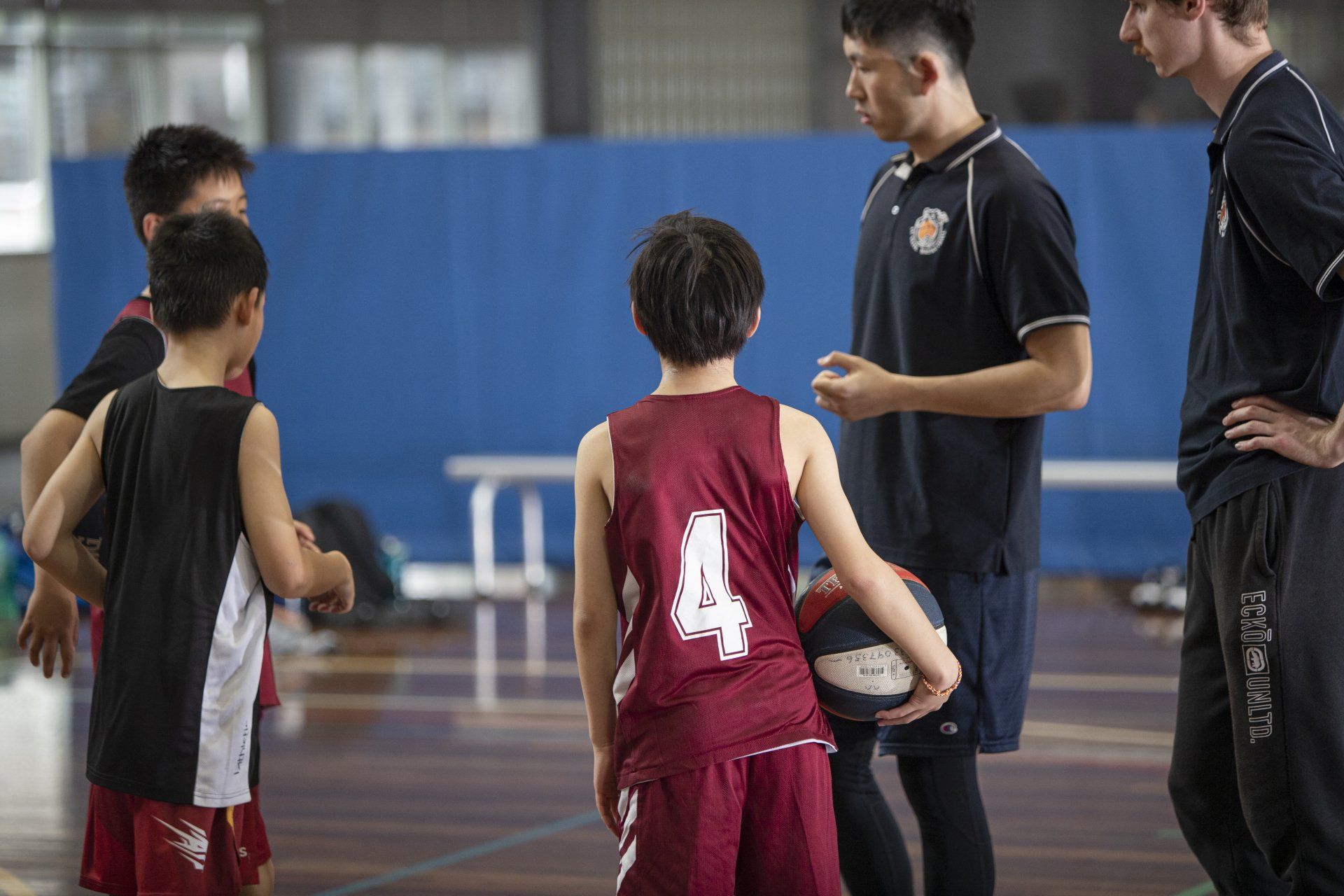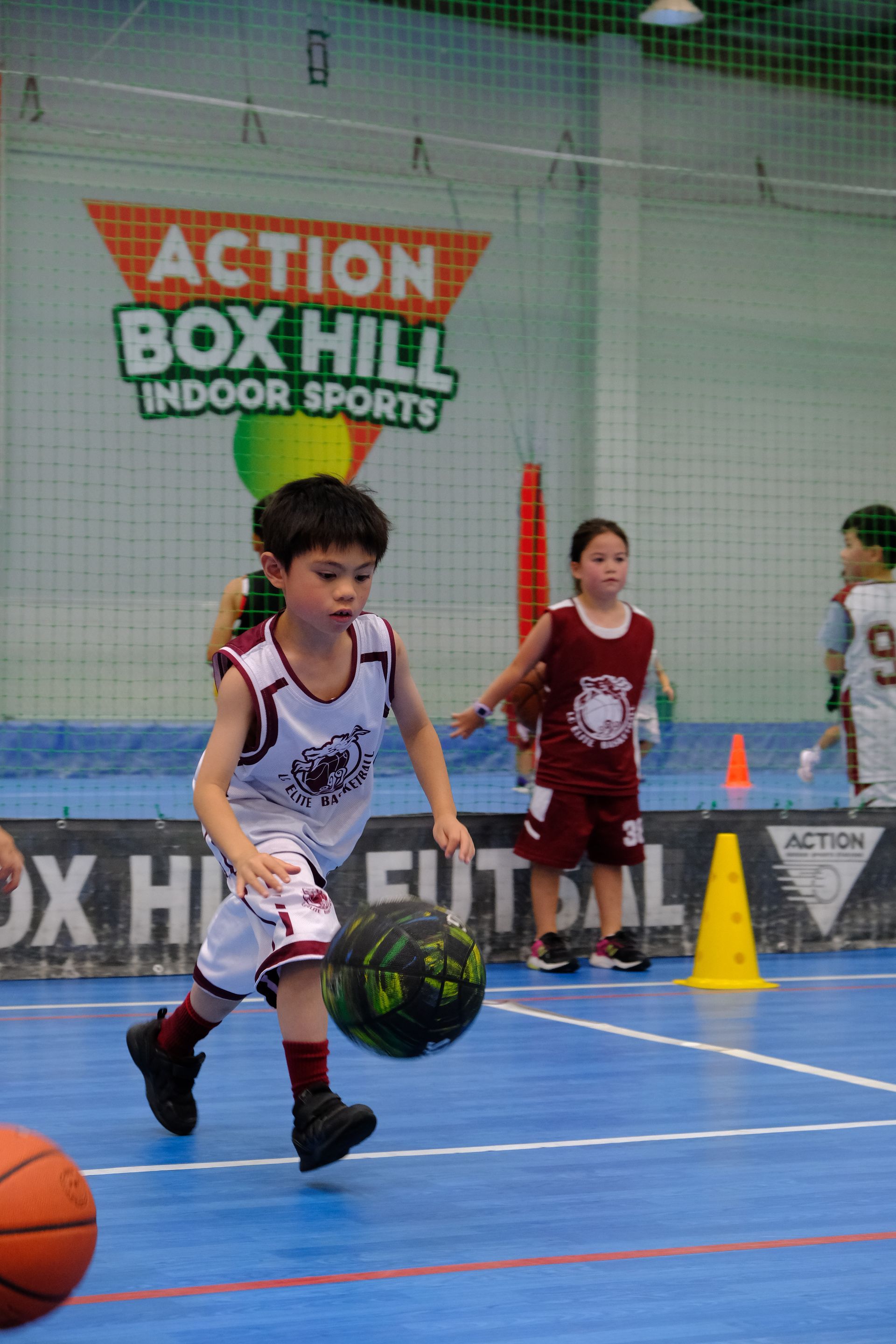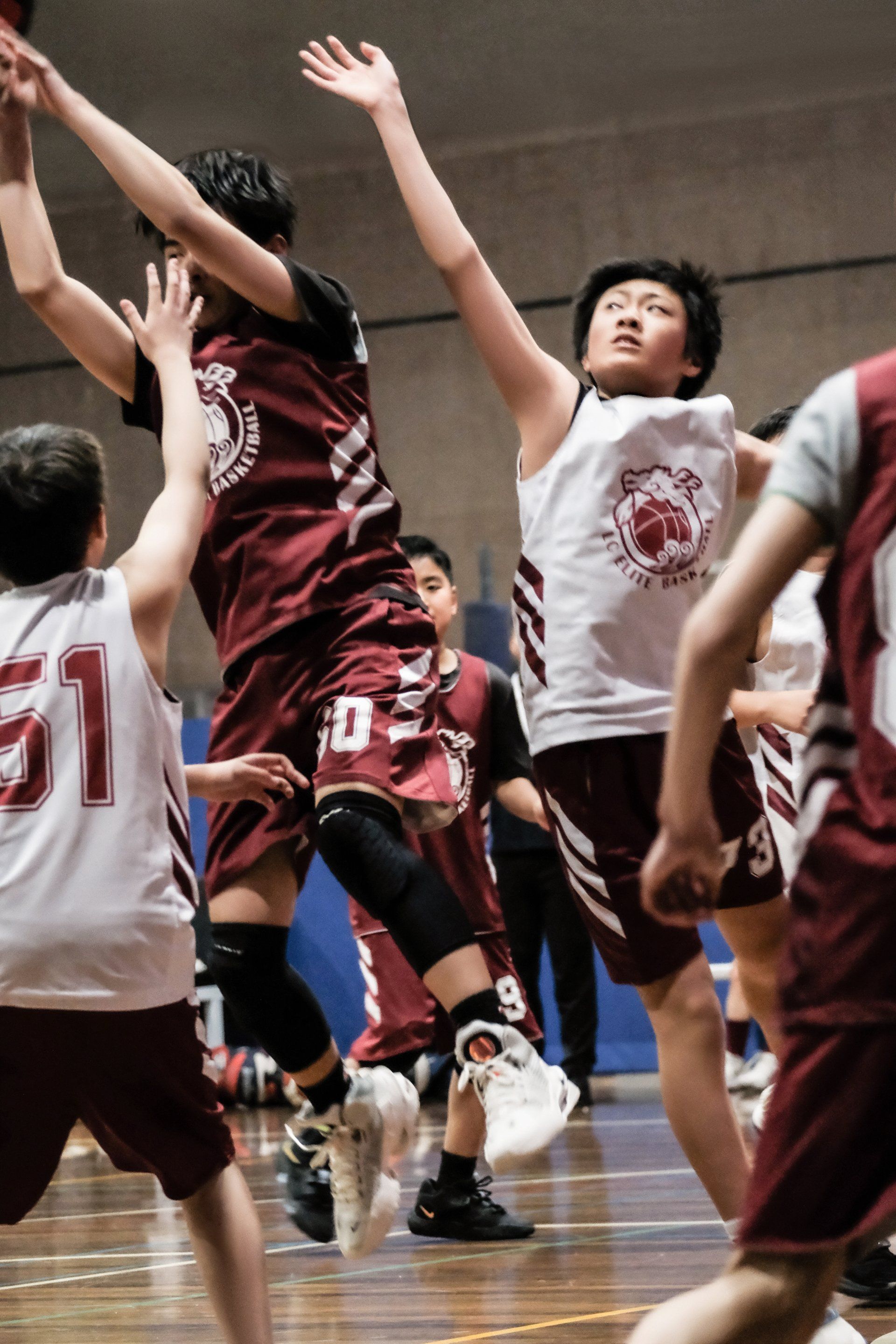Top Coaching Tips to Develop Fundamental Basketball Skills
Introduction
Coaching young basketball players isn’t just about teaching them how to shoot hoops; it’s about sculpting their love for the game while instilling fundamental skills that will serve them throughout their athletic careers. Every young player comes to the court with dreams, aspirations, and a curiosity that needs to be nurtured. When it comes to youth basketball, the right coaching tips can make all the difference in the world. As coaches, parents, or mentors, we have the responsibility to guide these young athletes not just in the technical aspects of basketball but also in building their confidence, teamwork, and sportsmanship.
In this article, we'll explore effective coaching strategies aimed at developing young basketball players, focusing on fundamental basketball skills for kids. We’ll dive into engaging drills, positive reinforcement techniques, and how to create an environment where learning is both effective and fun. It’s essential to remember that the ultimate goal is not just about winning games but fostering a passion for the sport that lasts a lifetime. Let’s get started!
Understanding the Importance of Coaching
Building Trust with Young Athletes
The foundation of effective coaching lies in trust. When young players feel secure and supported, they're more likely to take risks and push their limits. Establishing open lines of communication can help build this trust; players should know they can approach their coaches with questions or concerns at any time. This trust creates an atmosphere where players feel valued and understood, which is particularly important for their development.
Additionally, sharing personal experiences or challenges can humanise the coach and strengthen this bond. When a coach shows vulnerability and shares stories of their own struggles on the court, it encourages players to open up about their own experiences. This dialogue not only builds trust but also helps develop a strong team culture where everyone feels they belong.
Creating a Positive Learning Environment
A positive learning environment is crucial for developing young athletes. Coaches should strive to celebrate small victories regularly, which reinforces players' efforts and builds their self-esteem. Encouraging mistakes as learning opportunities is vital; instead of punishing errors, coaches should frame them as valuable lessons that contribute to growth.
Maintaining a fun atmosphere is equally important in fostering a love for the game. Incorporating humour, variety in drills, and moments of camaraderie can help keep spirits high even during tough practices. By creating a space where players feel safe to experiment and learn, coaches set the stage for long-term success on and off the court.
Fundamental Basketball Skills for Kids
Every young player should master certain fundamental basketball skills. These skills form the bedrock of their future performance on the court and will serve them well as they progress through different levels of play. Coaches should emphasise that mastering the basics is not just about individual talent but also understanding how these skills contribute to overall team dynamics.
Encouraging players to practice these skills regularly can help build muscle memory and confidence. Additionally, incorporating group sessions where players can learn from one another can foster camaraderie and help reinforce these fundamentals. Remember, the journey of skill development is ongoing, and consistent practice will yield better results over time.
Dribbling Techniques
Dribbling is one of the most essential skills in basketball. Teaching kids the correct way to dribble helps them maintain control of the ball while navigating through defenders. Coaches should focus on footwork and hand positioning to ensure that players develop good habits from the start.
Incorporating various dribbling styles—like crossover, behind-the-back, or spin moves—can keep training sessions exciting while encouraging creativity on the court. It’s also beneficial to teach players how to dribble under pressure since real-game scenarios often present challenges that require quick thinking and adaptability.
Fun Dribbling Drills
- Cone Dribbles: Set up cones and have kids dribble through them using both hands. This drill enhances coordination and ball control while making it a fun challenge.
- Red Light, Green Light: Players dribble when you say "green light" and stop when you say "red light." This drill enhances control and listening skills while adding an element of fun.
Shooting Fundamentals
Shooting is an art that requires practice and proper technique. Teaching young players how to shoot correctly from a young age is vital; they need to understand stance, grip, and follow-through to develop accuracy and consistency. Coaches should emphasise that shooting is not just about strength but also about finesse.
Introducing different shooting styles—like jump shots or layups—can help keep things fresh and engaging. Moreover, reinforcing the idea that practice makes perfect can motivate young athletes to dedicate time outside of team practices to improve their shooting skills.
Engaging Shooting Exercises
- Spot Shooting: Have players shoot from various spots on the court to develop accuracy. This drill encourages them to focus on their technique while challenging them to improve.
- Horse Game: A fun game where players take turns attempting shots. If one player makes a shot, the other must replicate it, promoting creativity and skill development.
Passing and Catching Skills
Passing is vital in basketball; it’s about teamwork and strategy. Young players should learn different types of passes—chest passes, bounce passes, and overhead passes—and how to catch effectively. Coaches can emphasise that solid passing often leads to easier scoring opportunities, reinforcing its importance in gameplay.
Incorporating passing drills into practice helps build teamwork and communication skills among players. It’s essential for young athletes to understand that basketball is not just an individual sport; success comes from working together as a cohesive unit.
Creative Passing Drills
- Monkey in the Middle: A fun drill where one player tries to intercept passes between two others. This game-like scenario encourages quick thinking and accurate passing under pressure.
- Partner Passing: Players practice chest passes, bounce passes, and overhead passes with a partner, focusing on accuracy and timing. This drill promotes collaboration while honing essential skills.
Incorporating Fun into Training
Kids learn better when they’re having fun! Incorporating enjoyable activities into your training sessions keeps them engaged and motivated. When players are excited about practice, they’re more likely to put in the effort needed to improve their skills. Coaches should strive to create an atmosphere where laughter and learning go hand-in-hand.
Additionally, changing up drills frequently helps maintain interest; kids appreciate variety just as much as they value structure in their training sessions. By blending skill development with enjoyable activities, coaches set themselves up for success in keeping players eager to learn.
Games that Foster Skill Development
Incorporating games into practice can enhance fundamental basketball skills while keeping spirits high. Try incorporating variations of classic games like "Capture the Flag" with a basketball twist! These games encourage movement while integrating fundamental skills in a playful manner.
Moreover, consider organising mini-tournaments among teams; friendly competition can generate excitement while providing valuable game experience for young athletes. These activities not only improve skills but also strengthen team bonds.
Encouraging Teamwork and Communication
Encourage players to communicate on the court; effective communication can significantly impact game performance. Use drills that require teamwork, such as 3-on-2 or 4-on-3 situations, to help them learn how to work together effectively. Players who understand each other's strengths will perform better as a cohesive unit.
Coaches can also introduce concepts like calling plays or signalling during scrimmages; these strategies promote active engagement during games. Ultimately, fostering communication skills on the court will enhance overall performance during competitive play.
Setting Realistic Goals
Goal setting is crucial in any sport. Help young players identify achievable goals that motivate them to improve; these goals could range from mastering a specific skill to improving performance during games. When kids have clear objectives, they’re more likely to stay focused and committed throughout their training journey.
Regularly revisiting these goals allows for adjustments based on progress; this flexibility keeps motivation high while encouraging continuous development. Coaches should celebrate milestones along the way—recognition of efforts reinforces positive behaviour and inspires further improvement.
Tracking Progress and Improvement
Keep track of individual progress by setting benchmarks for skills development; this can be done through informal assessments or planned evaluations at regular intervals throughout the season. Celebrating when they reach these goals—no matter how small—boosts confidence and encourages continued effort.
Additionally, maintaining open discussions about progress fosters accountability among young athletes; it encourages them to take ownership of their development while working collaboratively toward common objectives. By creating an environment where improvement is celebrated, coaches cultivate lifelong learners who are eager to grow.
Conclusion
Coaching young basketball players is an immensely rewarding endeavour that requires patience, creativity, and effective strategies. By focusing on fundamental basketball skills for kids, fostering a positive learning environment, and incorporating fun into training sessions, coaches can significantly enhance their players' development both on and off the court.
Let’s remember that every dribble, pass, and shot taken is a step towards mastery—each moment spent on the court is an opportunity for growth! So lace up those sneakers, grab that basketball, and let’s hit the court with enthusiasm! If you're looking for more guidance or training options for your young athletes, visit elitebasketball.com.au today. Book a free trial session now and watch your little ones thrive in their basketball journey!
Disclaimer: This blog article serves informational purposes only and does not replace professional guidance. For personalised training programs and advice, consult with qualified coaches or trainers at LC Elite basketball Academy


Crafted with ![]() by
CloudKrafts
by
CloudKrafts

